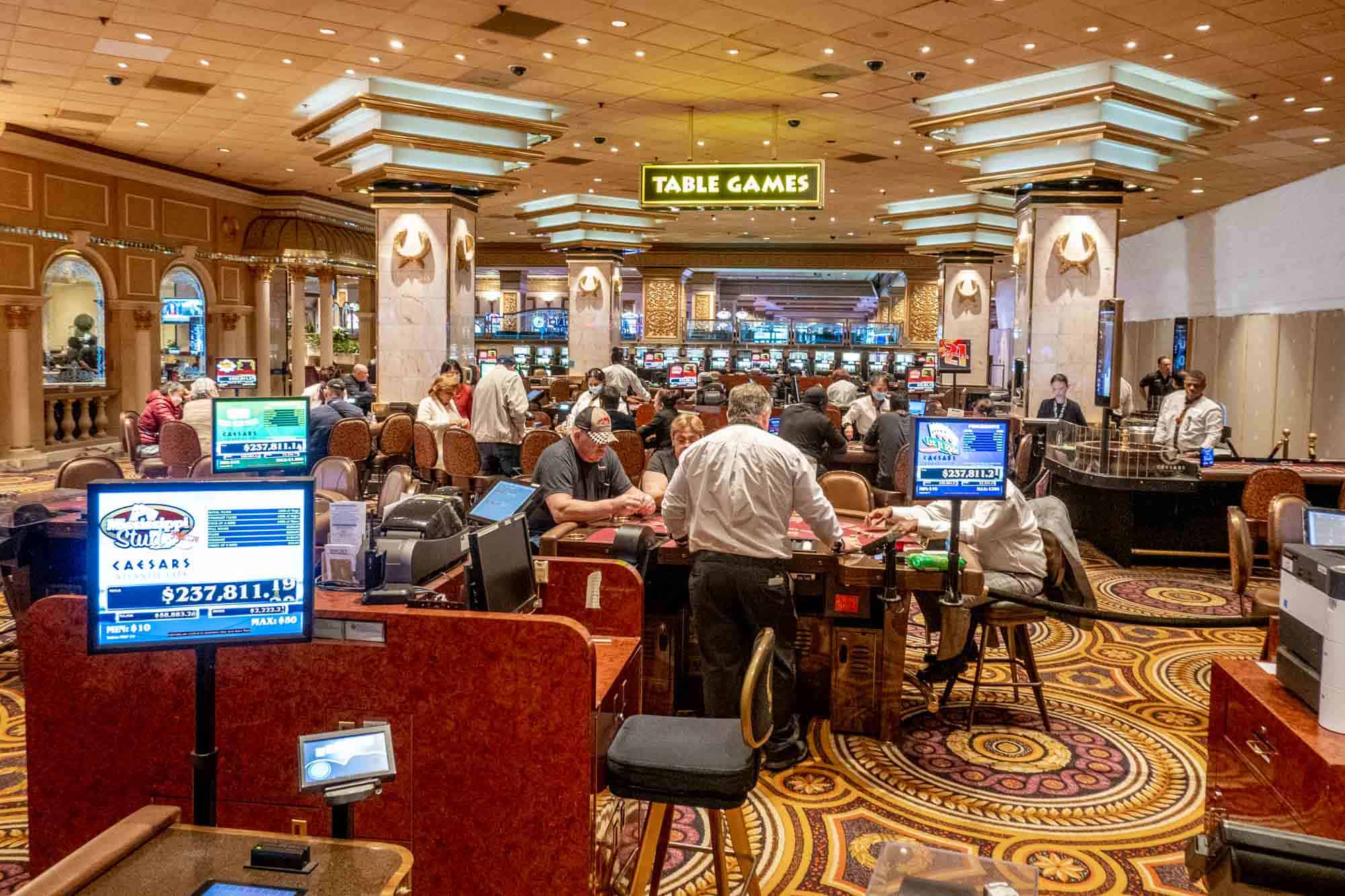
Casino gaming has long been a subject of fascination and debate, drawing in millions of players around the world. With a mix of chance, strategy, and the excitement of uncertainty, casino games offer an exhilarating escape from everyday life. However, as entertainment becomes ever more accessible, it invites a more thorough examination of the morality surrounding these games.
At the heart of the discussion lies the issue of whether casinos promote responsible gaming or take advantage of at-risk individuals. The appeal of potential winnings versus the truth of losses can create a challenging situation, and understanding this balance is crucial for both players and operators. As we delve into the morals of casino gaming, we will explore the duties of casinos, the effects on society, and the measures that can be taken to foster a healthier gaming environment.
The Impact of Casino Gaming on Society
Gambling in casinos has a considerable influence on society, affecting not only the financial landscape but also social behaviors and local frameworks. The income generated from casinos can lead to employment opportunities and boost local economies, as they provide multiple employment opportunities in multiple fields including food and beverage, leisure activities, and shopping. However, while the financial benefits can be significant, communities often grapple with the potential negative impacts that arise from higher gambling activity.
Moreover, the presence of casinos can lead to an increase in gambling addiction, presenting significant challenges for individuals and families. The excitement of casino games can quickly evolve into a habitual habit, affecting connections with others and leading to monetary issues. Many individuals may find it difficult with the loss of control over their gambling behaviors, resulting in a need for assistance programs and interventions to address this growing issue. The social cost of addiction can extend through families and neighborhoods, creating an urgent need for responsible gaming initiatives. 98win
In addition to the economic and social consequences, casino gaming often showcases cultural attitudes towards uncertainty and entertainment. It can foster a sense of joy and leisure, attracting tourists and boosting tourism. However, this allure may also mask the wider implications of gambling as a method of entertainment, raising ethical questions about its promotion and accessibility. As communities weigh the benefits and disadvantages of casino gaming, the need for sensible approaches and oversight becomes increasingly critical in ensuring that the positive aspects are maximized while reducing the potential harms.
Moral Concerns in Betting Activities
The morality of gambling operations often center around the potential for dependency and its effects on individuals and families. Betting can lead to serious financial distress, impacting not only the gamblers but also their loved ones. As people become entrapped in the appeal of winning, many lose track of their financial limits, which can result in catastrophic outcomes such as insolvency. This poses moral questions about the duty of casinos in fostering safe gambling practices and offering support for those who may be dealing with betting addiction.
Another critical issue is the advertising of betting to at-risk groups. Gambling establishments often target low-income people or neighborhoods with the offer of quick rewards, which can perpetuate patterns of financial struggle and despair. In this situation, the ethics of marketing strategies used by gambling establishments come under examination, as they may exploit the desperation of people seeking an escape from economic troubles. This manipulation raises moral questions about the honesty of the betting industry and its obligation to safeguard its most vulnerable patrons.
Additionally, the effect of gambling gaming on society as a entirety cannot be overlooked. While some argue that gambling establishments create employment and stimulate local economies, others point to the social costs associated with problem betting, increased crime rates, and a strain on public services. Balancing financial advantages with the potential for social harm presents a complex moral dilemma for policymakers and gambling operators alike. The difficulty lies in finding a responsible approach that takes into account the welfare of individuals and society while still allowing for the enjoyment of casino activities.
Regulation System and Obligations
The regulatory framework pertaining to gaming games is designed to ensure equity, integrity, and player protection. Various government bodies and gambling commissions create and enforce regulations that dictate how casino activities work, the criteria for activity development, and the procedures for managing rewards. These regulations change by region but typically involve permit requirements for operators and rigorous measures to avoid cheating and fraud.
In furthermore to regulatory bodies, gambling businesses bear considerable responsibility in upholding principled standards within their facilities. They must implement responsible gaming practices that encourage participant protection and consciousness, including providing self-exclusion options and offering information about the dangers connected to gaming. Casinos are also obligated for instructing staff to spot signs of difficult betting and know the correct measures to help customers in distress.
Additionally, clarity in gaming operations is vital for building and maintaining public confidence. Gaming establishments should offer clear details about the chances of activities, promotional deals, and any associated dangers. By promoting an atmosphere of honesty and accountability, operators can help mitigate the likelihood adverse impact of betting while boosting the overall betting experience for all players.
